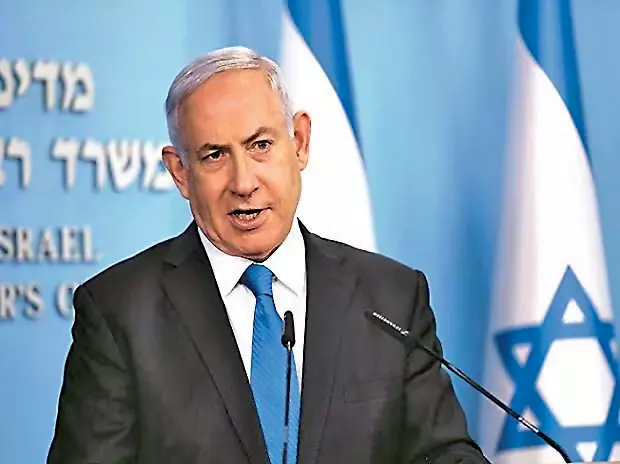Expert Eye: Blinken and the US-China-Taiwan Triangle
Put simply, the “hardware” included the specifics and composition of the airport reception committee. The fact that Blinken was greeted on the tarmac by Kong Fuan, director general of the Shanghai Foreign Affairs Office, and that Beijing didn’t roll out the red carpet for him when he arrived in the capital, shows that China deliberately downplayed Blinken’s visit. More likely than not, this was due to Blinken’s pointed criticism of human rights issues in China prior to his visit and to Congress passing a bill to aid Taiwan, as well as its banning of TikTok. It was a situation reminiscent of European Commission President Ursula von der Leyen’s visit last year, when she wasn’t even given a ride to and from the airport.
Then there was the team accompanying Blinken, which included Assistant Secretary of State for East Asian and Pacific Affairs Daniel Kritenbrink; Assistant Secretary of State for International Narcotics and Law Enforcement Affairs Todd Robinson; Ambassador-at-Large for Cyberspace and Digital Policy Nathaniel Fick; and Under Secretary of State for Public Diplomacy and Public Affairs Elizabeth Allen.
Of particular interest is the fact that Kritenbrink visited Beijing only a week ago; more unusually still, on that occasion he met with Taiwan Affairs Office Deputy Director Qiu Kaiming, who, as a student of Chinese People’s Political Consultative Conference Chairman Wang Huning (aka “China’s Kissinger”), naturally carries a lot of weight. This showed that Taiwan and cross-strait issues were clearly high on Blinken’s list of priorities. You could glean the remaining topics of concern on the U.S. agenda from the members of the U.S. delegation, with Under Secretary of State Allen’s presence meant to strengthen civilian exchanges between the U.S. and China. Evidently, the U.S. remains interested in easing overall tensions with China.
Let’s examine the sticking point in current U.S.-China relations. In a nutshell, China looks forward to cooperation rather than conflict, and that this is the only way it can continue to develop and grow; this is why it made a special point of understanding Blinken correctly. Especially with May 20 [the date of Taiwanese President-elect Lai Ching-te’s inauguration] around the corner, Beijing’s top considerations are cross-strait matters and issues pertaining to the economy, trade, technology and the South China Sea. But Xi Jinping wasn’t informed until the very last minute that he would be receiving Blinken and his entourage, and the handshake they shared lasted barely a second, making the frostiness between the two apparent.
The American position, on the other hand, is characterized more by conflict than by cooperation, because it already feels threatened by China on certain technological and economic fronts and must therefore suppress China — without completely decoupling from it. In addition, with President Joe Biden facing an impasse in his reelection campaign, the international environment is extremely important. Yet after more than two years of the Russia-Ukraine war, Russia is not only still standing firm but even pressing forward step by step. This has forced Congress to allocate $61 billion in aid to Ukraine and consider imposing sanctions on Beijing, given that the U.S. suspects China of helping Russia behind the scenes.
Hence the U.S. proposed the following list of agenda items on this trip: Making progress on key issues; clearly and directly communicating concerns on bilateral, regional, and global issues; and responsibly managing competition so that it does not result in miscalculation or conflict. This, alongside China’s position mentioned earlier, is what this commentator refers to as the software, the give and take of negotiations and gamesmanship between the two great powers.
But since relations between the U.S. and China diverge more than they converge, expectations on both sides for Blinken’s visit were limited. Even so, the U.S. and China still have a shared interest in managing their differences, smoothing transitions, and “fighting without breaking,” and some of the press has gone so far as to claim that the point of Blinken’s China visit was to pave the way for a later visit by Biden. For the U.S., this may only have been a test balloon, but because the visit was no trivial matter, those concerned must still be evaluating its pros and cons. At least Biden remains more predictable than Donald Trump.
The author is director of the Asia Pacific Research Foundation, Taiwan.

